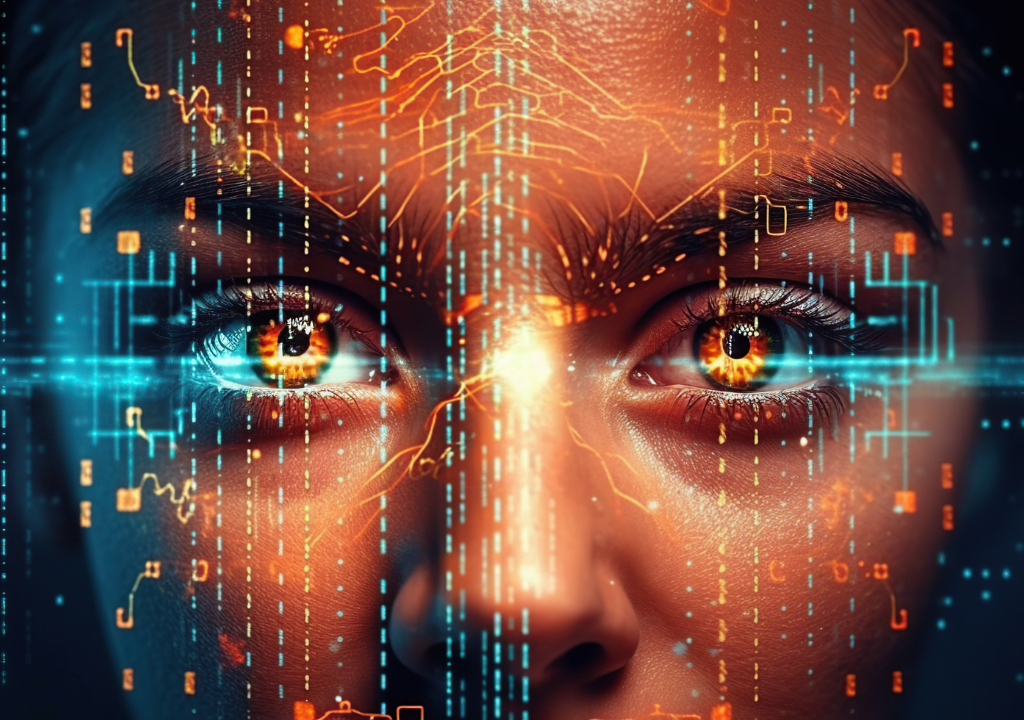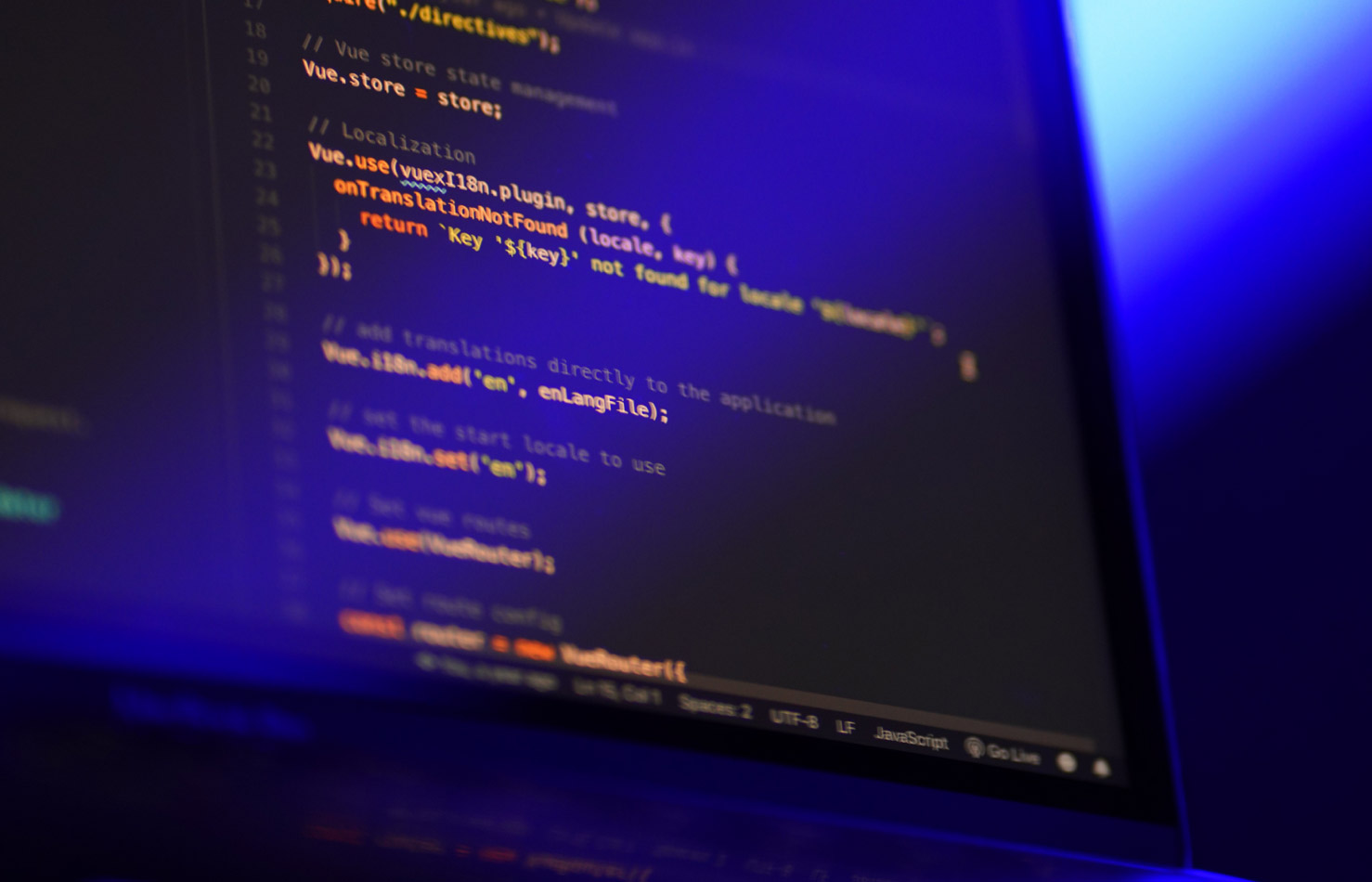Artificial intelligence (AI) has become an indispensable part of the modern world. As technology advances rapidly, so does the potential and applicability of artificial intelligence. One of the most critical areas of these developments is undoubtedly cyber security. AI and cybersecurity have a dynamic relationship that presents both opportunities and threats. In this article, we’ll explore the impact of AI on cybersecurity and what the future may hold.
5 Roles of Artificial Intelligence in Cybersecurity
Artificial intelligence has the potential to revolutionize cybersecurity. While traditional security systems rely on manual intervention and specific rules, AI-based systems can be more flexible and effective thanks to machine learning and adaptation capabilities. AI provides great advantages in anomaly detection and threat detection by analyzing big data.
1. Intrusion Detection and Prevention Systems (IPS/IDS)
Artificial intelligence increases the effectiveness of intrusion detection and prevention systems (IPS/IDS). AI analyzes network traffic and system logs, identifying anomalous activities and potential attacks. Thanks to AI, these systems work faster and more accurately, closing security gaps and preventing attacks.
2. Malware Detection (Malware)
Artificial intelligence also plays a big role in malware detection. While traditional antivirus software relies on predefined signatures, AI algorithms can detect unknown and zero-day threats, while analyzing the behavior of malware and can also detect new threats based on this information.
3. Advanced Threat Hunting
AI-powered threat hunting helps security professionals by proactively looking for potential threats on the network. By scanning and analyzing large data sets, AI algorithms can uncover hidden threats that are difficult for security teams to find manually. This allows security teams to detect threats more quickly and effectively.
4. Extended Detection and Response (XDR)
AI enhances the effectiveness of extended detection and response (XDR) systems. XDR provides broader threat visibility by aggregating data from different layers of security, and AI analyzes this data to identify anomalies and potential attacks. AI-powered XDR solutions detect and respond to threats at all layers of the network, not just at a specific point.
XDR solutions, such as Vectra AI, quickly detect anomalous activities and potential attacks by analyzing network traffic and system logs. Thanks to AI, these systems work faster and more accurately, closing security gaps and preventing attacks. Harnessing the power of AI, XDR monitors and protects the entire attack surface to provide comprehensive security.
AI enhances the effectiveness of extended detection and response (XDR) systems. XDR provides broader threat visibility by aggregating data from different layers of security, and AI analyzes this data to identify anomalies and potential attacks. AI-powered XDR solutions detect and respond to threats at all layers of the network, not just at a specific point.
XDR solutions, such as Vectra AI, quickly detect anomalous activities and potential attacks by analyzing network traffic and system logs. Thanks to AI, these systems work faster and more accurately, closing security gaps and preventing attacks. Harnessing the power of AI, XDR monitors and protects the entire attack surface to provide comprehensive security.
5. Protection Against Social Engineering and Phishing Attacks
Artificial intelligence also provides an important defense mechanism against social engineering and phishing attacks. AI-based systems analyze email content and links to detect suspicious and potentially dangerous elements. It can also monitor user behavior to identify anomalous and potentially harmful activity and prevent such attacks.

Future Perspectives
Artificial intelligence has the potential to bring revolutionary changes in the field of cybersecurity. AI, which can be used for both defensive and offensive purposes, requires a reshaping of cyber security strategies.
In the future, AI-powered security systems will enable faster and more effective threat detection and response. Thanks to their continuous learning capabilities, these systems can quickly adapt to the changing threat landscape. By analyzing network traffic and user behavior, AI can predict potential threats and take proactive measures.
Cyber Circle 2024: Redefine Security with the Power of AI
Cyber Circle 2024, which will be held at the Mandarin Oriental Hotel on September 5, 2024, will offer a unique experience to the participants by bringing together the themes of artificial intelligence and cyber security. This year’s theme, “Unleashing the Power of Artificial Intelligence,” will delve deeper into the role and future potential of AI technologies in cybersecurity. Through leading experts, interactive panels, and workshops, we’ll explore how AI is revolutionizing cybersecurity.
Don’t miss out on the opportunity to learn about the latest AI and cybersecurity trends, network with experts, and increase your knowledge by joining Cyber Circle 2024. This event will provide an ideal platform to strengthen your cybersecurity strategies and explore the opportunities offered by AI. See you at Cyber Circle 2024!





